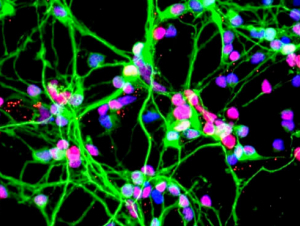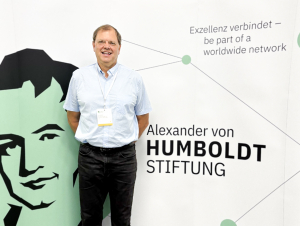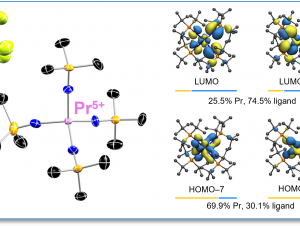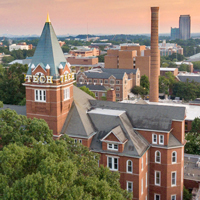Latest News
Researchers at Georgia Tech have developed an algorithm that helps AI models develop internal organization just like the human brain — boosting efficiency by 20 percent.
The award will support Kostka’s research on the role of marine plant microbiomes in coastal climate resilience in collaboration with Germany’s Max Planck Institute.
Solar cells account for approximately six percent of the electricity used on Earth; however, in space, they play a significantly larger role, with nearly all satellites relying on advanced solar cells for their power. That’s why Georgia Tech researchers will soon send 18 photovoltaic cells to the International Space Station for a study of how space conditions affect the devices’ operation over time.
New Oxidation State for a Rare Earth Element Could Advance Quantum and Electronic Devices
Ocean waters are getting greener at the poles and bluer toward the equator, according to an analysis of satellite data published in Science. The change reflects shifting concentrations of chlorophyll made by phytoplankton. If the trend continues, marine food webs could be affected, with potential impacts on fisheries near the equator and carbon sequestration near the poles.
Insights could not only pave the way for new treatment strategies for genetic disorders, cancer and neurodegenerative diseases, but also enhance gene-editing technologies.











